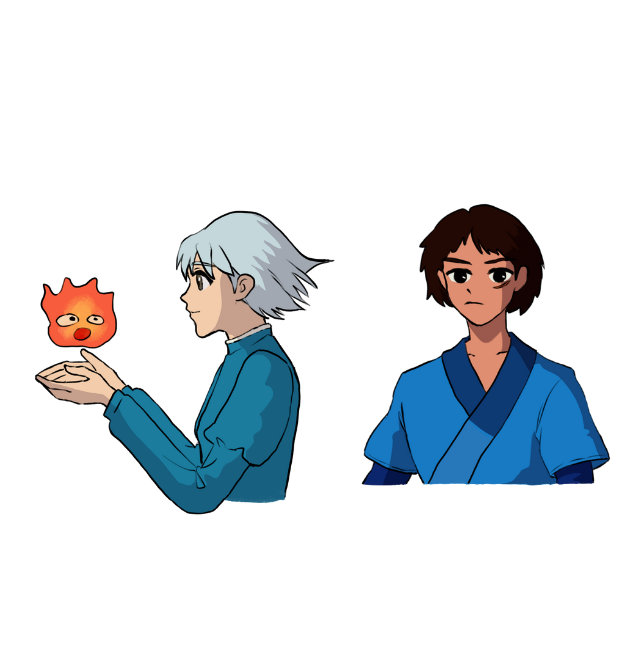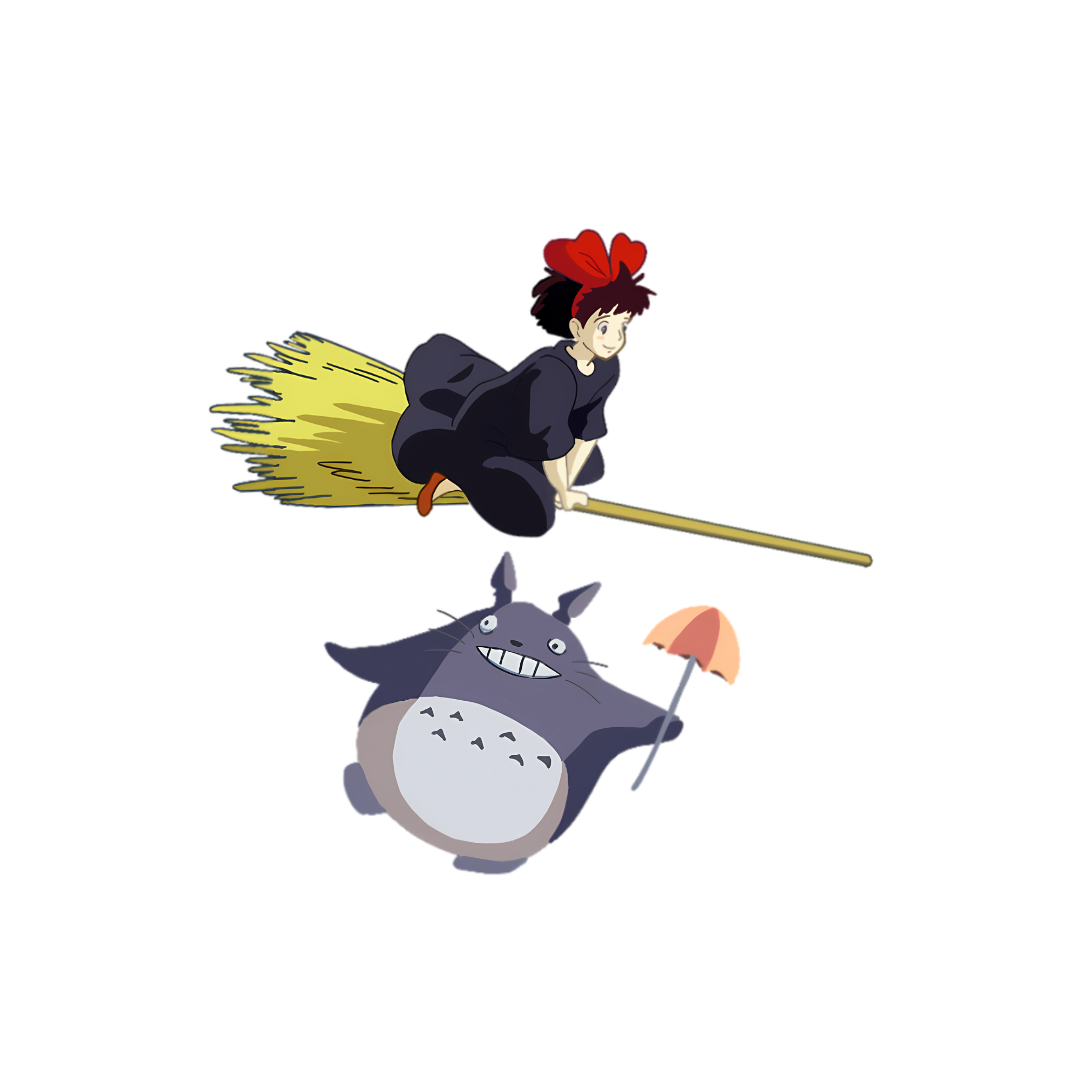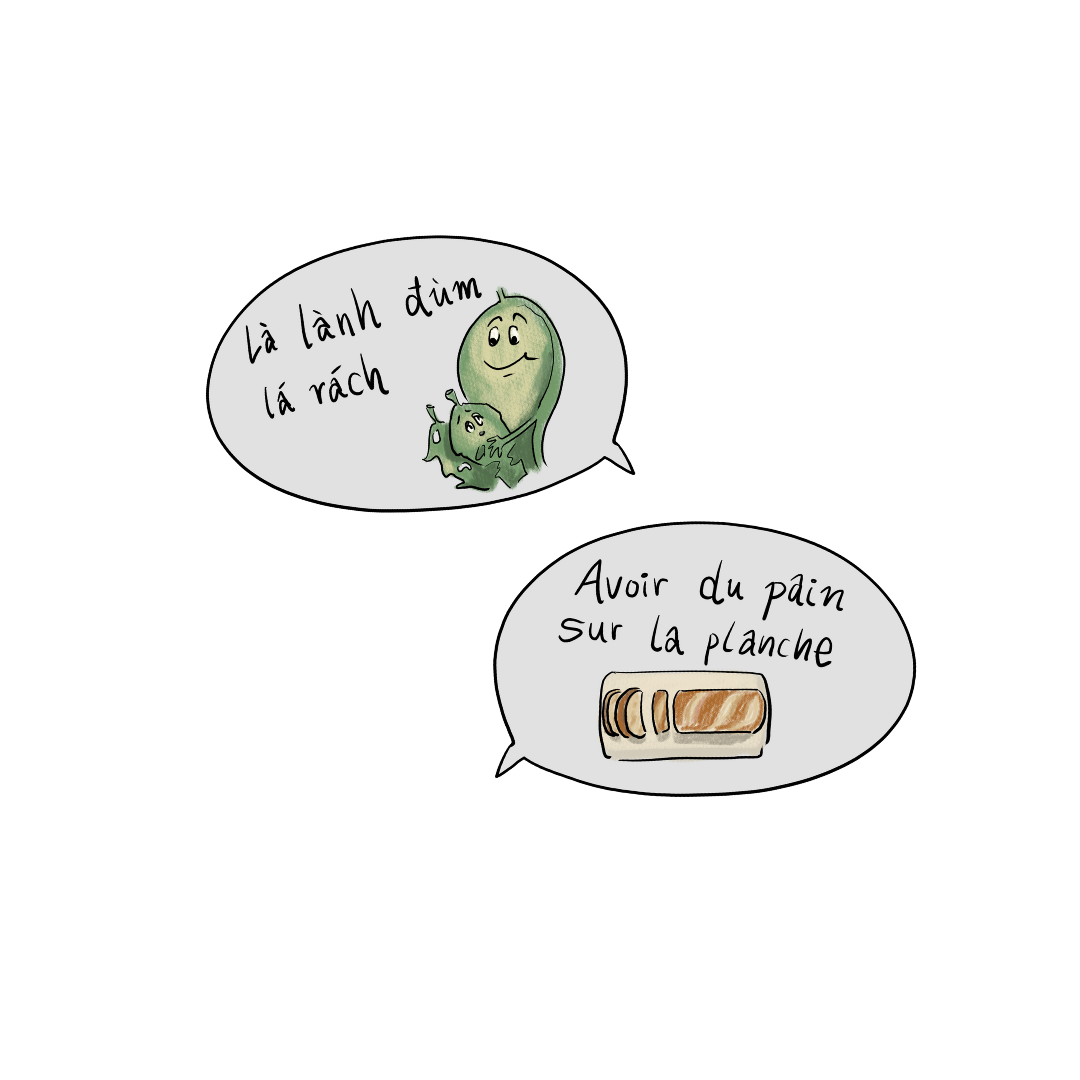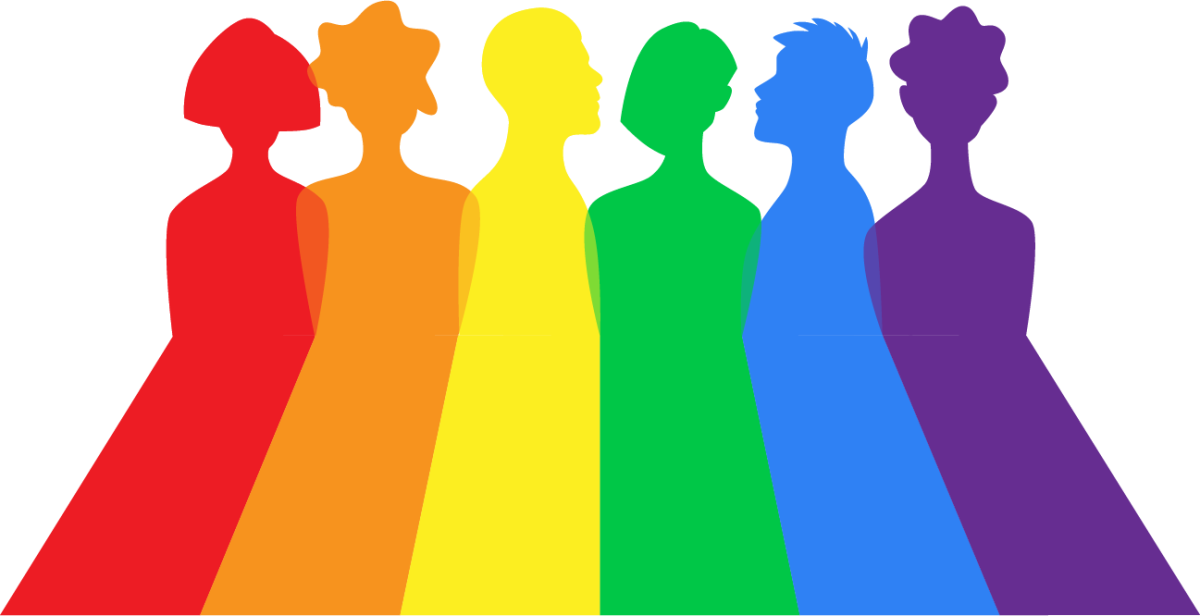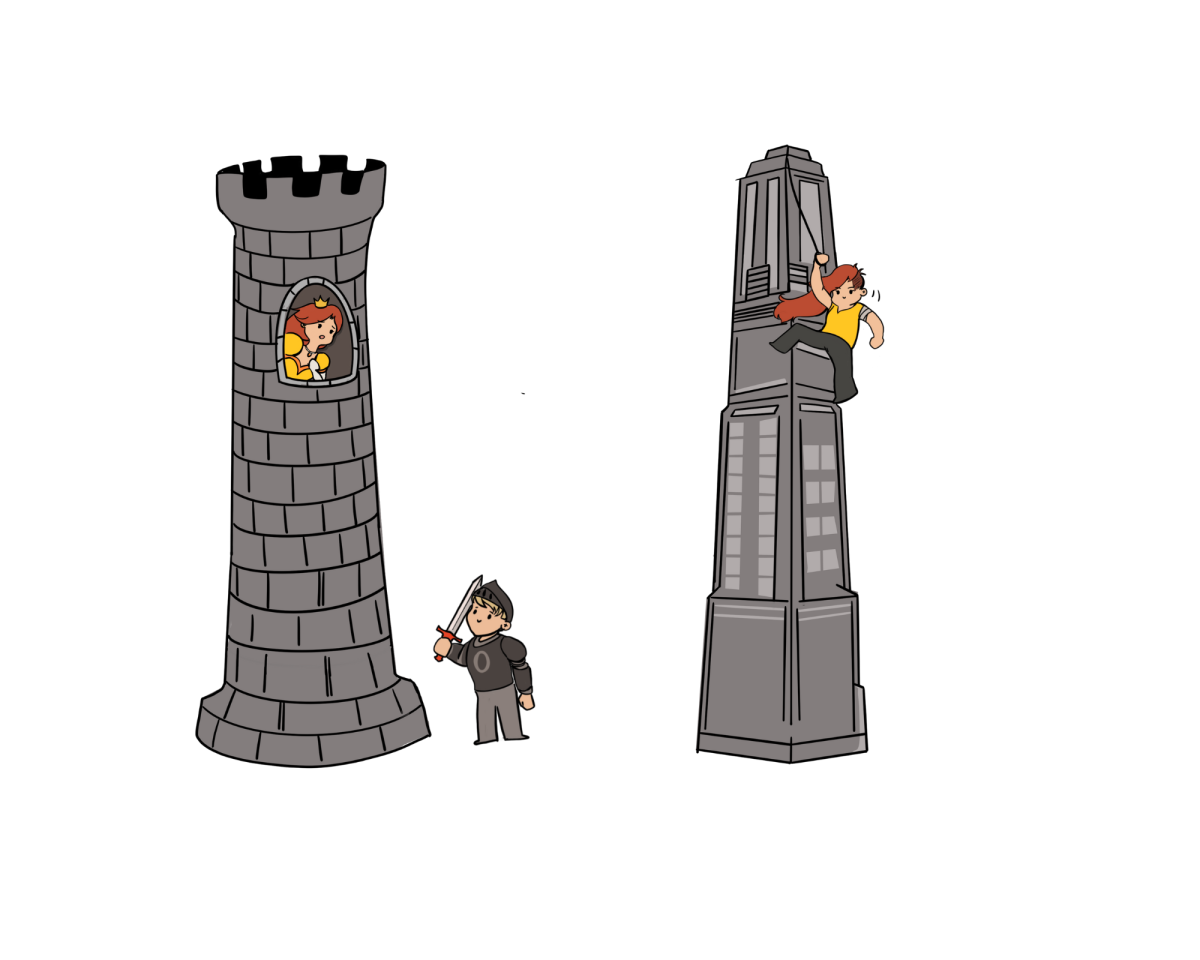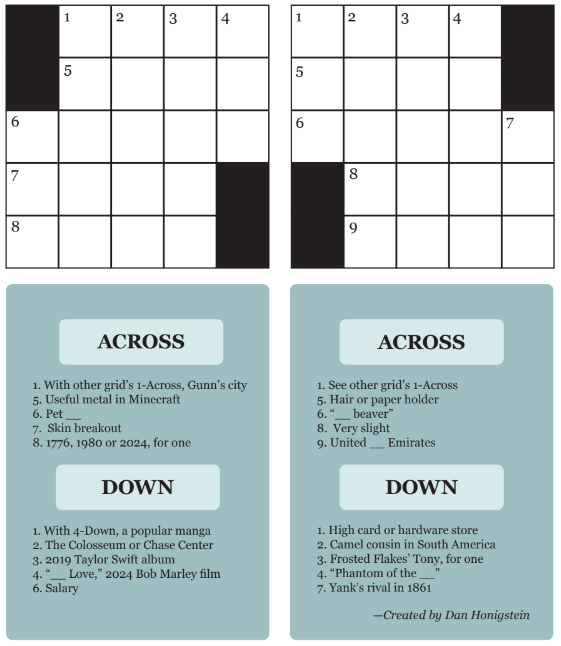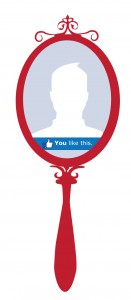 By: Jean Wang
By: Jean Wang
In recent years, a worrying epidemic has been spreading among high school students all over America: Facebook Popularity Addiction. Unlike your typical Facebook Addiction Disorder (FAD), Facebook Popularity Addiction (copyright pending) can be identified by a preoccupation not only with the popular social networking site, but also with the number of comments and likes received on statuses and number of Facebook friends. Yet, this increased importance placed on Facebook presence begs a pressing question—just how much is warranted, and how much is unhealthy?
To many people, common sense dictates that those who are popular on Facebook are popular in real life. Indeed, research by the University of Windsor showed that while shyer people tend to spend more time on Facebook, they do not necessarily have more friends. Instead, shyness is negatively correlated to number of Facebook friends, thus serving as an accurate indicator of real life popularity and presence. In this way, it seems as if Facebook popularity is a completely justified barometer of real life popularity.
“Facebook likes are generally representative of how many friends you have,” sophomore Adriana Noronha said. “So it makes sense that people want to have more likes to increase their perceived popularity.”
Other students agree, even drawing correlations between number of Facebook friends and real-life social skills. “I would say people who are well-adjusted to society have between 300 to 500 friends, and more popular people have about 500 to 800 friends,” senior Crystal Nguyen said.
Yet, at the same time, Facebook popularity is often deceptive. How many of those 1000 friends do you actually talk to? What do they actually think of you? Perhaps, contrary to popular belief, those who are more popular and active on Facebook are actually overcompensating for lacking real life social skills.
According to a study by Buffardi and Campell of the University of Georgia, individual levels of activity on social networking sites, such as Facebook, are strongly correlated to levels of narcissism, a trait that likely decreases popularity outside of the virtual world. Even students who generally agree upon Facebook’s use as a popularity index acknowledge its shortcomings. “Facebook is generally a pretty accurate indicator of popularity, except for friend hoarders, the people who have more than 1000 friends before college,” Nguyen said. “They seem really fake because there’s no way they personally know that many people.”
At the end of the day, while Facebook may be a decent indicator of real life popularity, it’s important to remember to put things in perspective. “The number of friends you have on Facebook does not define the number of friends you have in real life,” senior Serena Wong said. “While a Facebook friend is someone you talk to online, a real friend is someone you actually talk to.”



